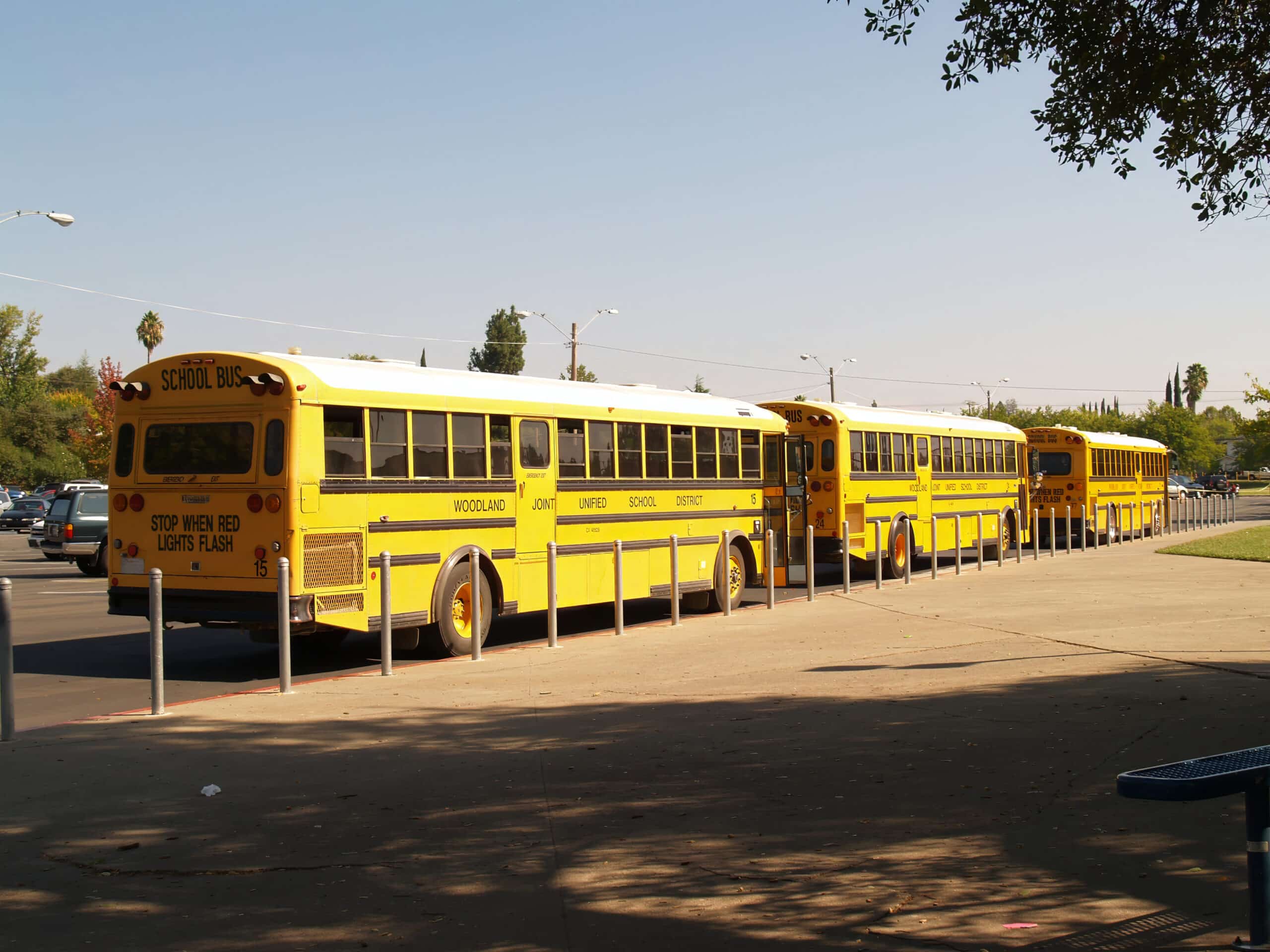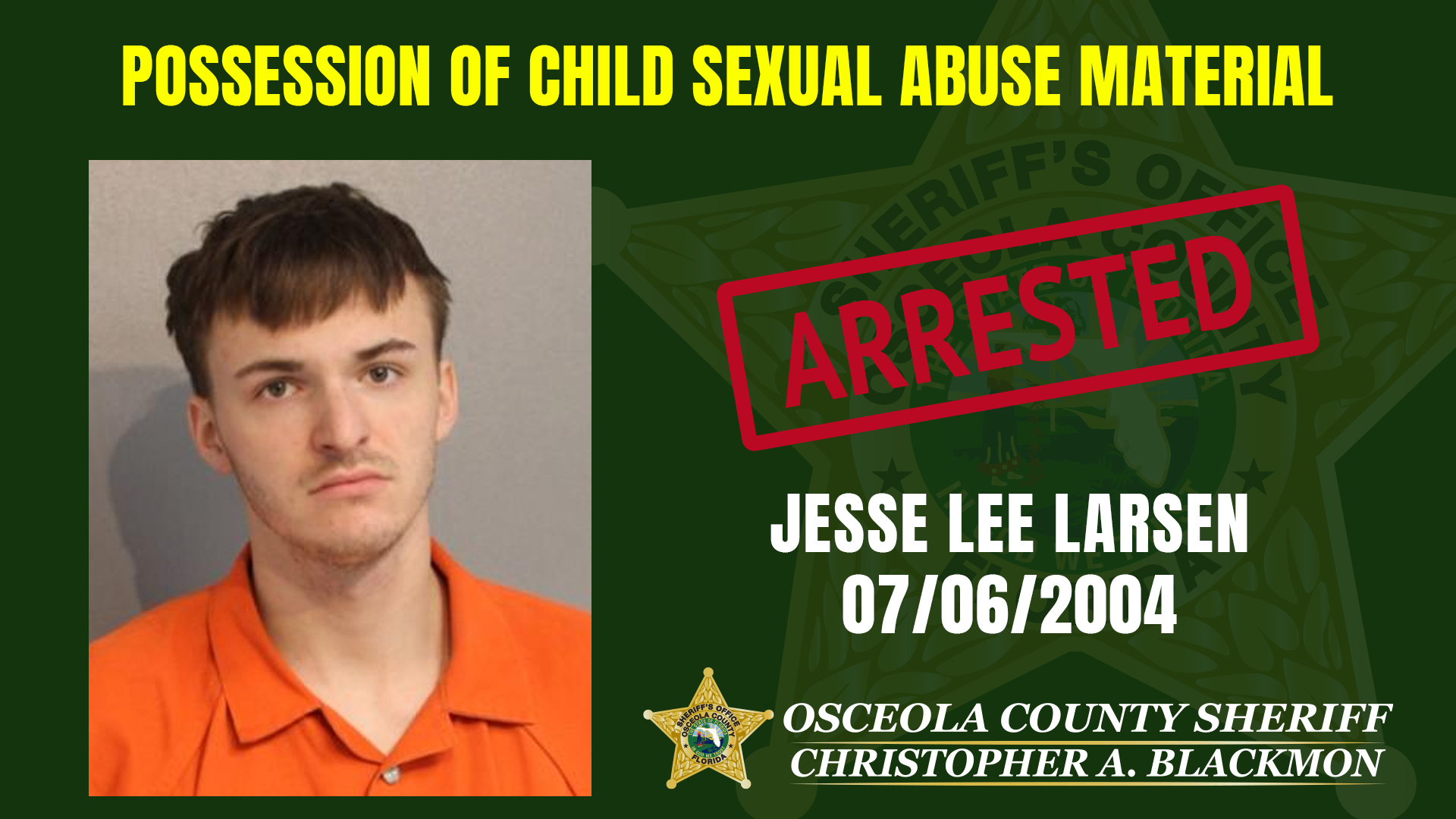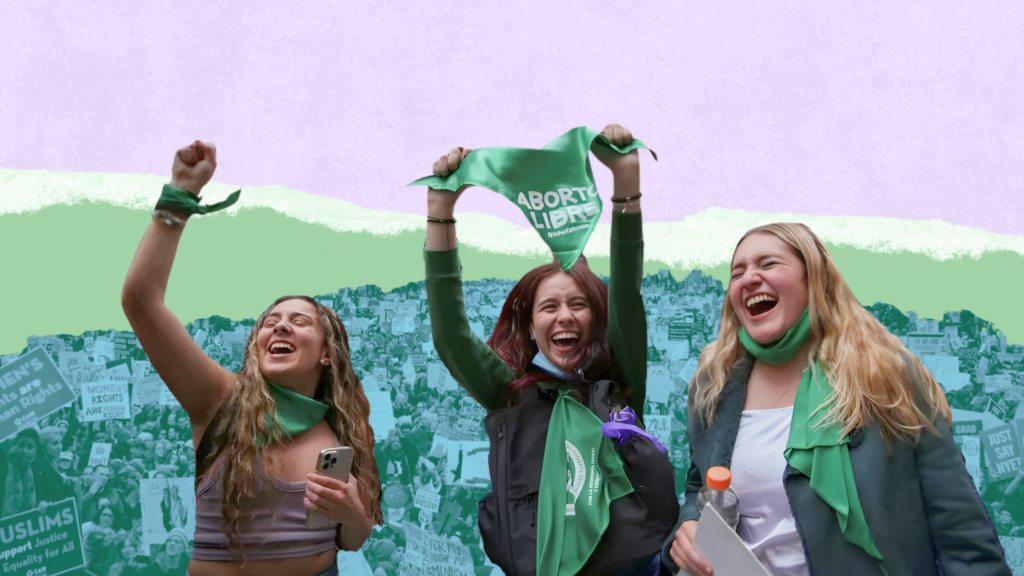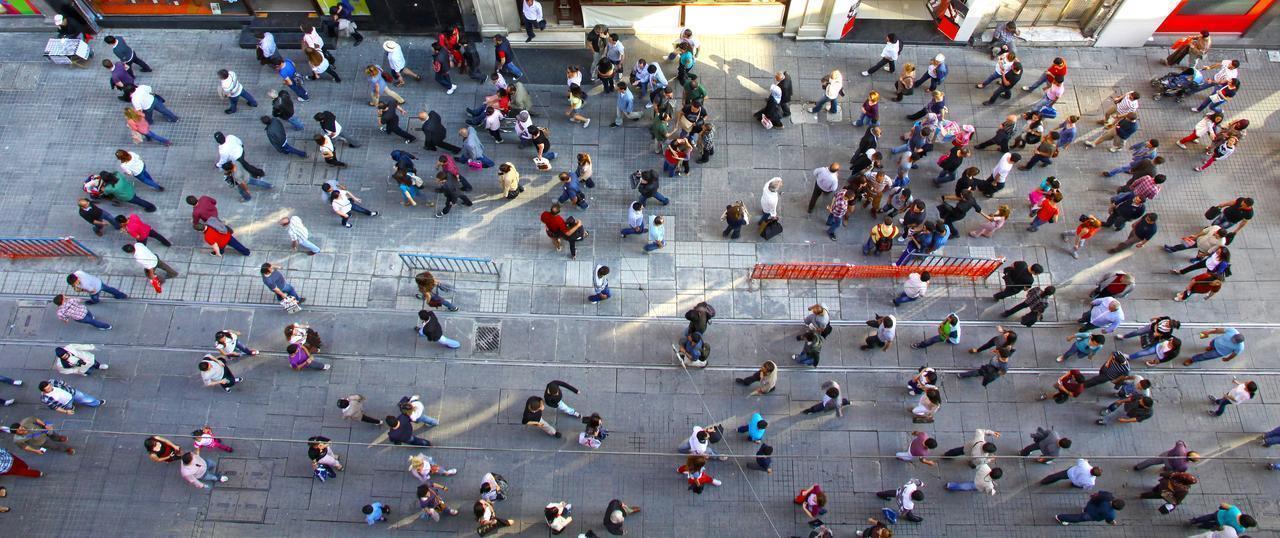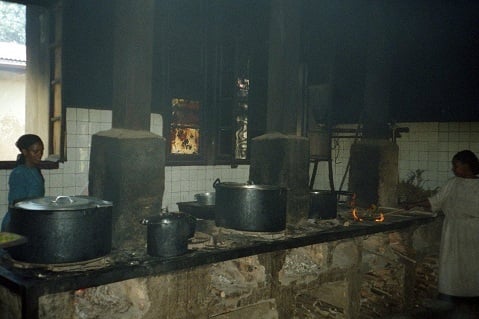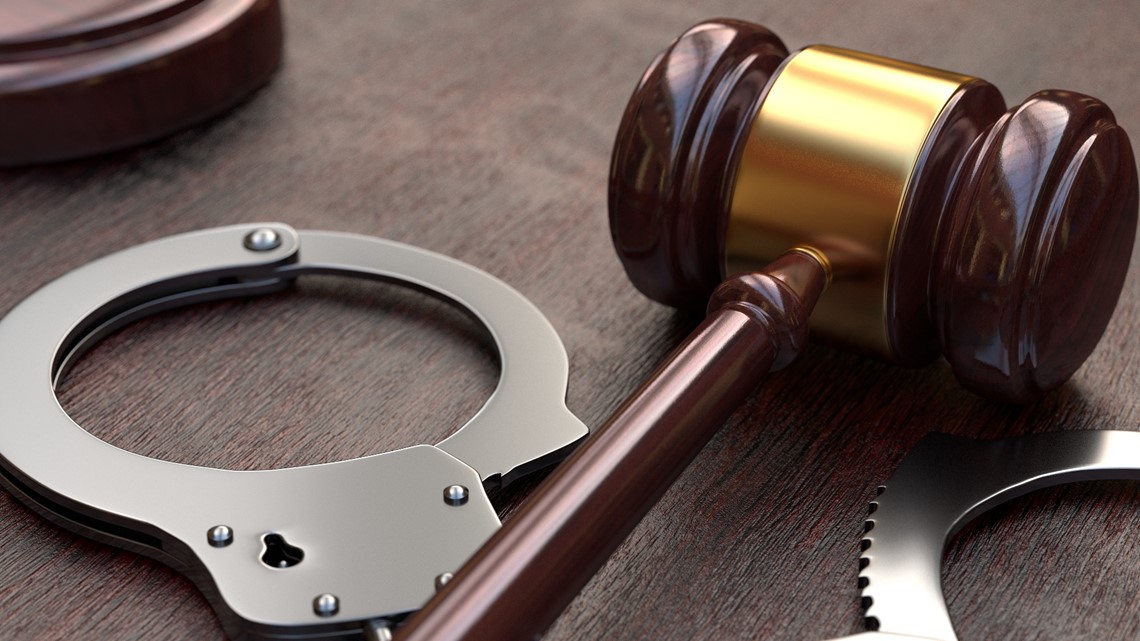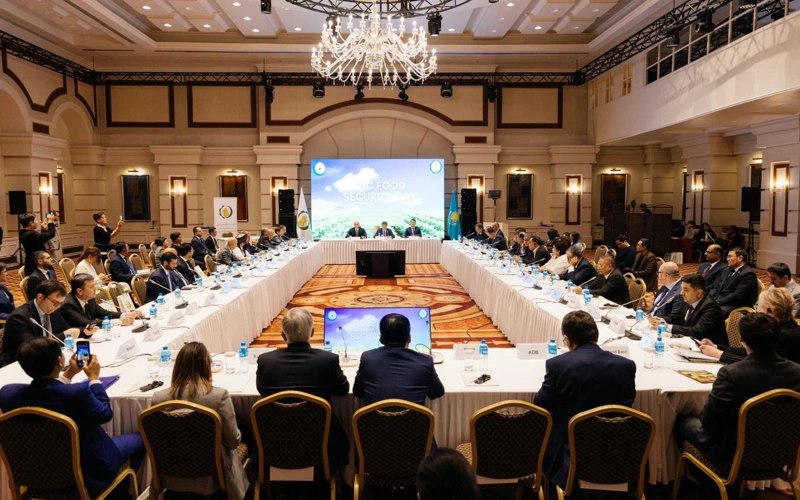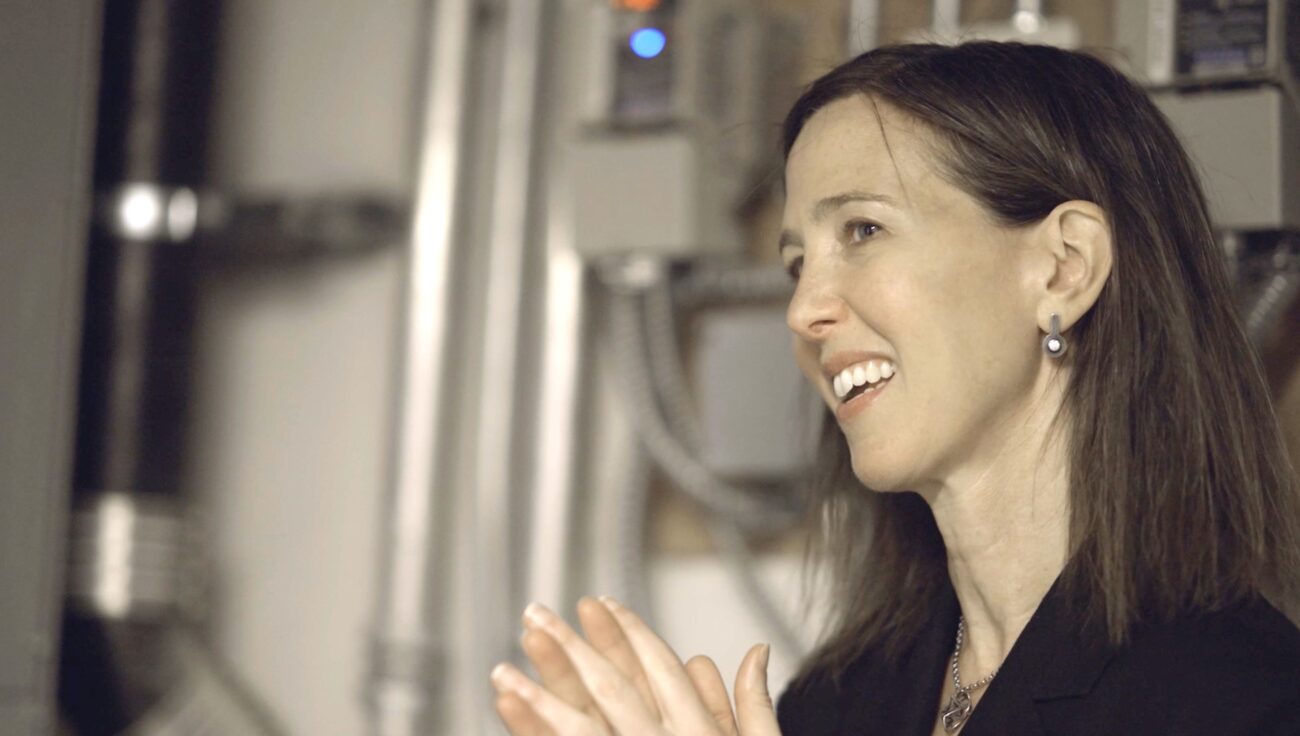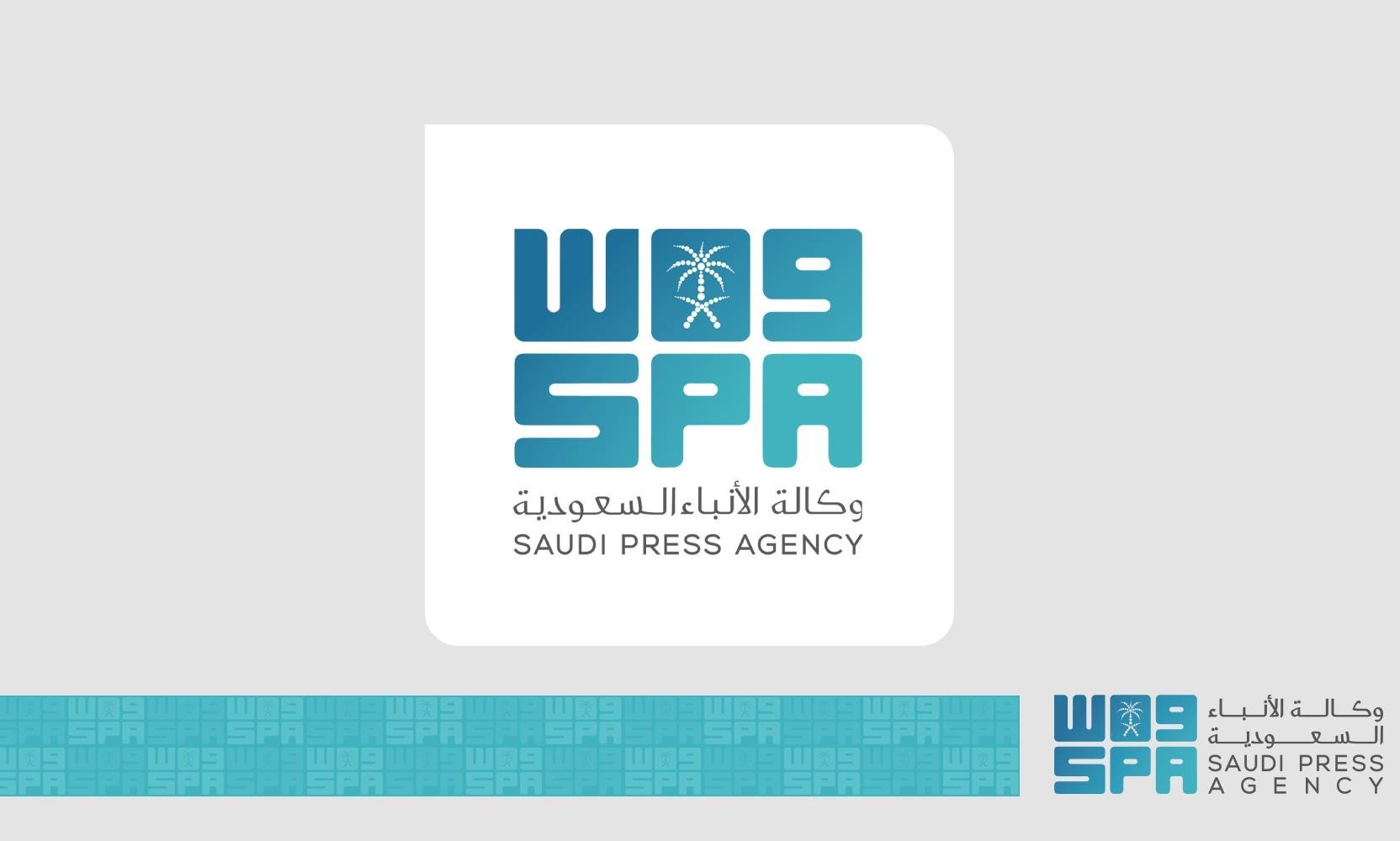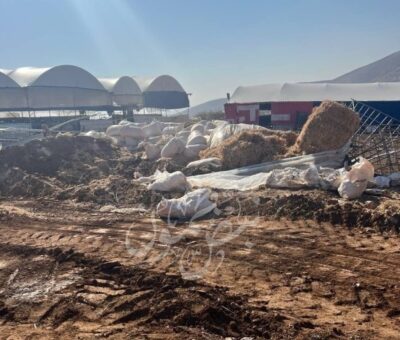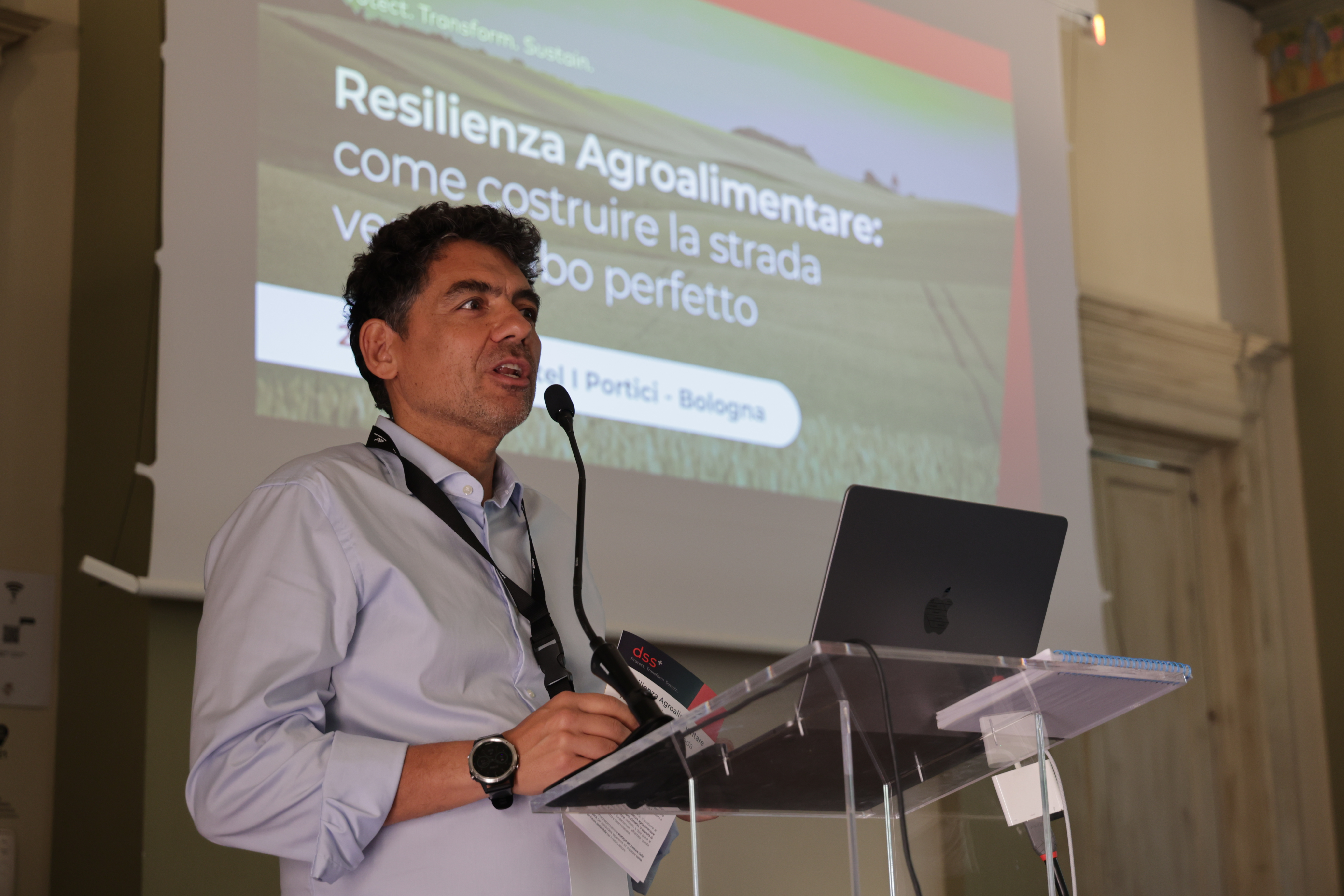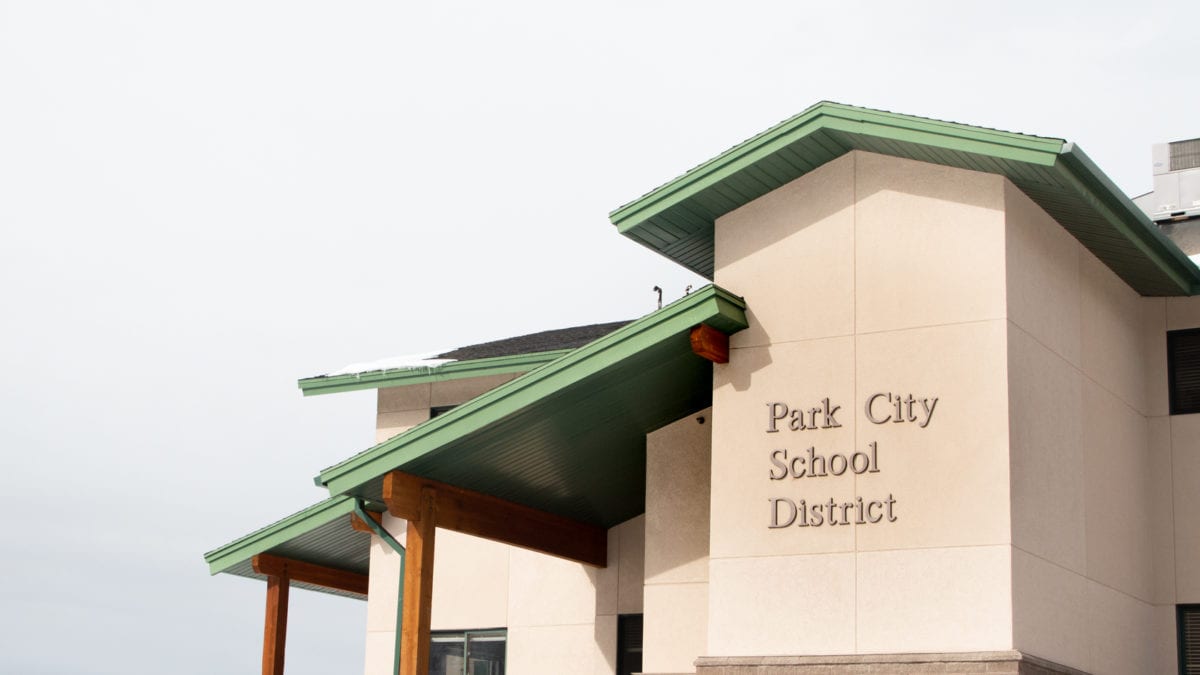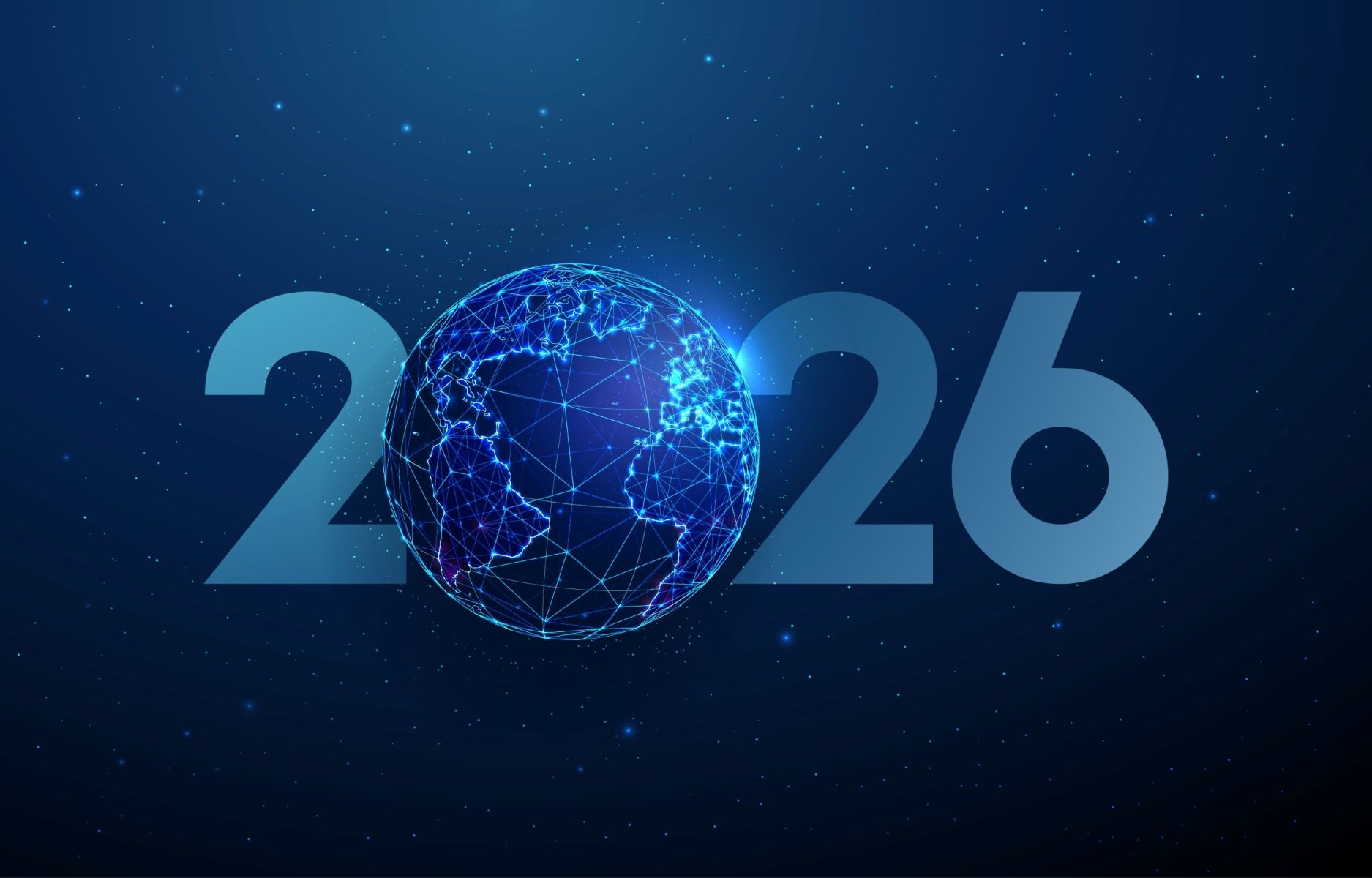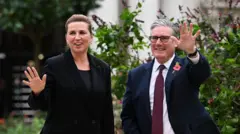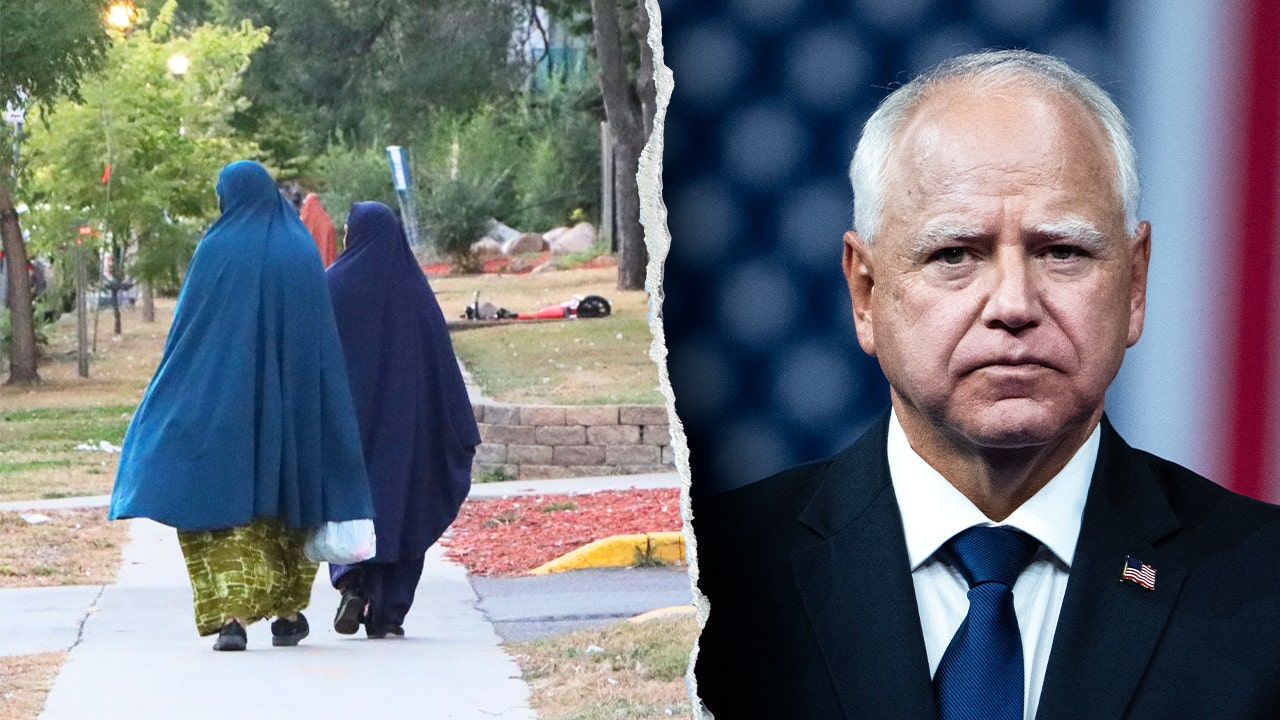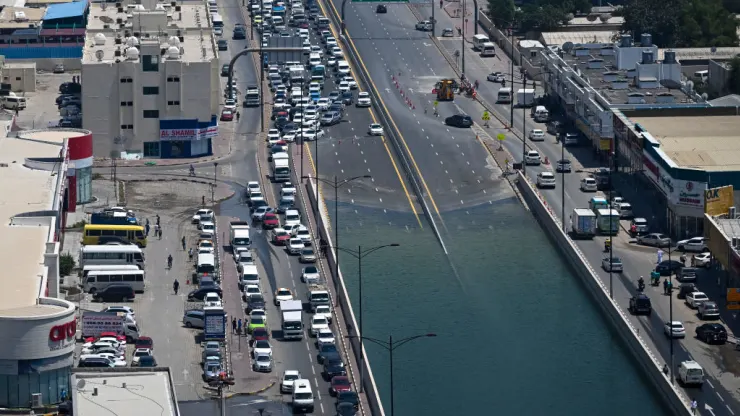US sanctions Palestinian rights groups for supporting ICC Israel probe – Al Jazeera
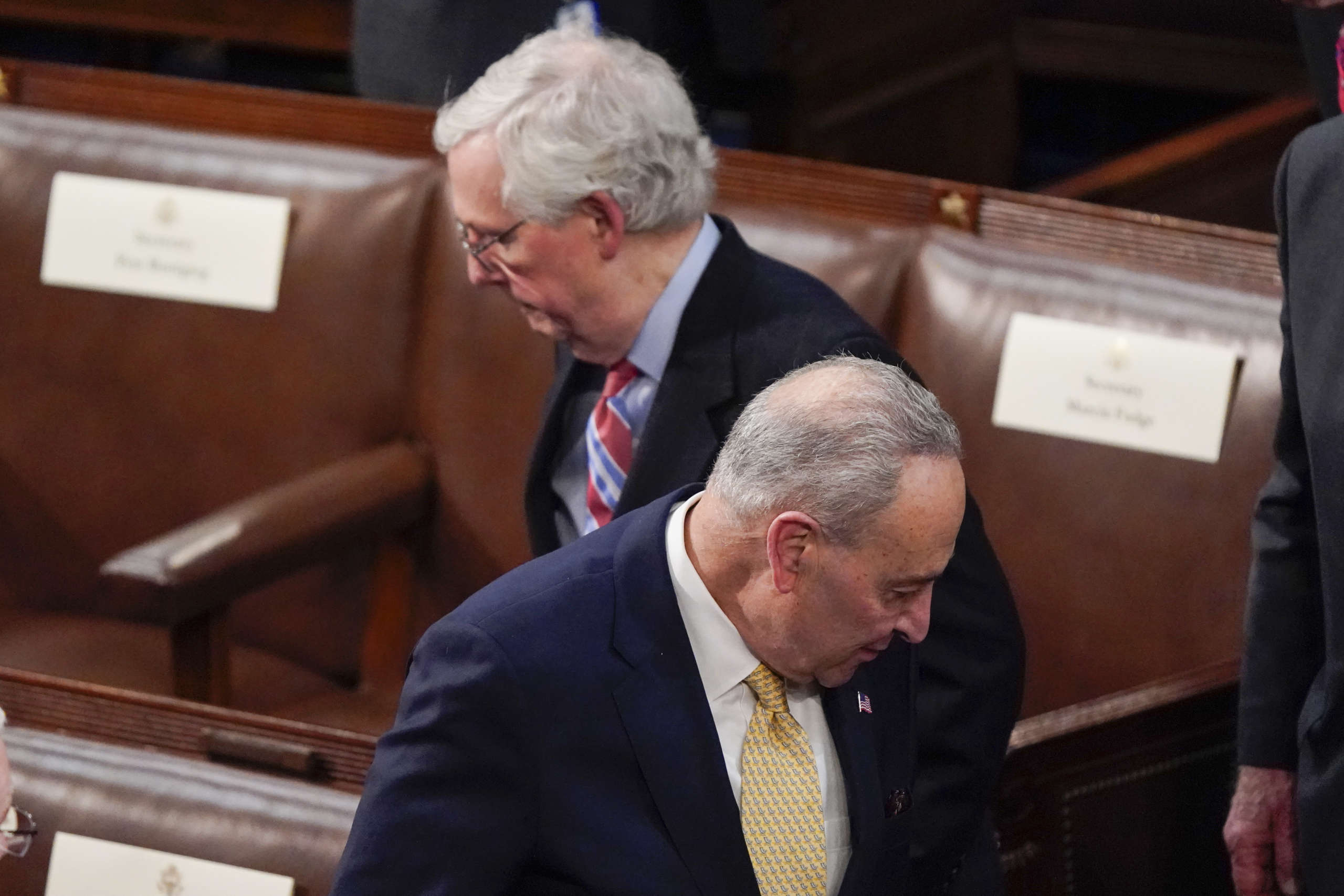
United States Sanctions on Palestinian Human Rights Organizations
Overview of Sanctioned Entities
The United States Department of the Treasury has added three Palestinian human rights organizations to its “Specially Designated Nationals and Blocked Persons List.”
- Al-Haq
- Palestinian Centre for Human Rights (PCHR)
- Al-Mezan Center for Human Rights
Official Rationale for Sanctions
According to a statement from the U.S. Secretary of State, the sanctions were imposed due to the organizations’ direct engagement with the International Criminal Court (ICC) in its efforts to investigate Israeli nationals. The groups had provided evidence to the ICC concerning alleged human rights abuses.
Implications for Sustainable Development Goals (SDGs)
Impact on SDG 16: Peace, Justice and Strong Institutions
The sanctions present a significant challenge to the advancement of SDG 16, which aims to promote just, peaceful, and inclusive societies.
- Undermining Access to Justice (Target 16.3): By penalizing cooperation with the ICC, the measures obstruct pathways to international justice and accountability for victims of alleged human rights violations.
- Weakening Key Institutions (Target 16.A): The action targets and weakens civil society organizations that are fundamental to upholding the rule of law, monitoring human rights, and ensuring institutional accountability.
- Restricting Fundamental Freedoms (Target 16.10): The sanctions impede the work of organizations dedicated to documenting events and advocating for fundamental freedoms, thereby limiting public access to information on human rights issues.
Setbacks for SDG 17: Partnerships for the Goals
The decision negatively affects global partnerships essential for achieving sustainable development, as outlined in SDG 17.
- Disruption of International Cooperation: The sanctions create a barrier between local civil society actors and international legal bodies, undermining the multi-stakeholder partnerships required to address global justice issues.
- Impact on Civil Society Networks: International partners, including Amnesty International and Human Rights Watch, have noted that such sanctions complicate day-to-day operations and hinder collaborative efforts between local and international non-governmental organizations.
Policy Context and Reactions
Broader U.S. Policy Actions
These sanctions are part of a series of related policy decisions undertaken by the administration.
- Sanctions were previously imposed on the International Criminal Court itself.
- The U.S. has also sanctioned other Palestinian entities, including the human rights organization Addameer, the Palestinian Authority (PA), and the Palestine Liberation Organization (PLO).
- Concurrently, the administration has revoked sanctions that were placed on Israeli organizations and individuals from illegal settlements.
Organizational and Expert Responses
- Sanctioned Organizations: In a joint statement, the three groups condemned the sanctions as “draconian,” “immoral,” and “illegal,” particularly during a period of conflict.
- Human Rights Community: Amnesty International and Human Rights Watch stated that such measures are used to “muzzle human rights reporting and advocacy.”
- Legal Experts: A sanctions lawyer with Democracy for the Arab World Now (DAWN) described the move as “shameful,” highlighting the prominence of the targeted human rights groups.
Analysis of SDGs, Targets, and Indicators
1. Which SDGs are addressed or connected to the issues highlighted in the article?
- SDG 16: Peace, Justice and Strong Institutions: This is the most relevant SDG. The article focuses on the sanctioning of human rights organizations (Al-Haq, PCHR, Al-Mezan) whose primary work is to document abuses, seek accountability for alleged war crimes, and engage with international justice mechanisms like the International Criminal Court (ICC). The sanctions directly impact the pursuit of justice, the functioning of these civil society institutions, and the promotion of the rule of law.
- SDG 17: Partnerships for the Goals: The article touches upon this goal by highlighting the disruption of partnerships. The sanctioned Palestinian groups work with international bodies (the ICC) and other human rights organizations like Amnesty International and Human Rights Watch. The US sanctions are a unilateral action that undermines this international cooperation and the multi-stakeholder partnerships essential for upholding human rights and justice.
2. What specific targets under those SDGs can be identified based on the article’s content?
Under SDG 16: Peace, Justice and Strong Institutions
-
Target 16.1: Significantly reduce all forms of violence and related death rates everywhere.
- The article states that the sanctioned organizations have been “leading independent organisation that have documented Israel’s ongoing war in Gaza” and provided “evidence on Israeli abuses.” Their work to document violence and seek legal accountability is a crucial mechanism aimed at deterring future violence and achieving justice for victims, thereby contributing to this target.
-
Target 16.3: Promote the rule of law at the national and international levels and ensure equal access to justice for all.
- This target is central to the article. The US Secretary of State is quoted saying the groups were targeted for having “directly engaged in efforts by the International Criminal Court (ICC) to investigate, arrest, detain, or prosecute Israeli nationals.” This shows the organizations were actively trying to use international legal frameworks to ensure access to justice. The sanctions are a direct impediment to this process.
-
Target 16.10: Ensure public access to information and protect fundamental freedoms, in accordance with national legislation and international agreements.
- The sanctions are described as an attempt to “muzzle human rights reporting and advocacy.” By targeting these prominent human rights groups, the action curtails their fundamental freedoms of expression and association and their ability to gather and disseminate information about human rights abuses, thus hindering public access to such information.
Under SDG 17: Partnerships for the Goals
-
Target 17.17: Encourage and promote effective public, public-private and civil society partnerships, building on the experience and resourcing strategies of partnerships.
- The article highlights the crucial role of civil society organizations in the pursuit of human rights and justice. It mentions that Amnesty International and Human Rights Watch “work closely with” one of the previously sanctioned groups. The sanctions are explicitly designed to disrupt the operations of these civil society actors and their ability to engage with international partners, thereby undermining effective partnerships.
3. Are there any indicators mentioned or implied in the article that can be used to measure progress towards the identified targets?
- Indicator for Target 16.3 (Access to Justice): The article provides a clear, albeit negative, indicator: the number of civil society organizations sanctioned or otherwise penalized for engaging with international justice mechanisms. The text explicitly names four such organizations sanctioned by the US: Al-Haq, Palestinian Centre for Human Rights (PCHR), Al-Mezan Center for Human Rights, and Addameer.
- Indicator for Target 16.10 (Fundamental Freedoms): An implied indicator is the number of official actions taken to restrict the work of human rights organizations. The article details the imposition of “draconian sanctions” by the US Department of the Treasury, describing them as a systematic effort to “muzzle human rights reporting.” This serves as a direct measure of restrictions on the fundamental freedoms of these organizations.
- Indicator for Target 17.17 (Civil Society Partnerships): The article implies an indicator related to the operational environment for civil society. The statement from Amnesty International and Human Rights Watch notes that sanctions “would make day-to-day operations harder and harder” and “negatively affect their engagement with their partner organizations, locally and internationally.” The imposition of such sanctions is an indicator of a deteriorating environment for civil society partnerships.
4. Summary Table of SDGs, Targets, and Indicators
| SDGs | Targets | Indicators |
|---|---|---|
| SDG 16: Peace, Justice and Strong Institutions |
16.1: Significantly reduce all forms of violence.
16.3: Promote the rule of law and ensure equal access to justice. 16.10: Ensure public access to information and protect fundamental freedoms. |
– Number of verified cases of human rights abuses documented by independent organizations (implied by the groups’ work providing “evidence on Israeli abuses”).
– Number of civil society organizations sanctioned for engaging with international justice mechanisms (explicitly mentioned as the reason for sanctions against Al-Haq, PCHR, and Al-Mezan). – Number of official actions (e.g., sanctions) taken to restrict or “muzzle human rights reporting and advocacy.” |
| SDG 17: Partnerships for the Goals | 17.17: Encourage and promote effective civil society partnerships. | – Instances of unilateral state actions that negatively affect the operational environment and engagement of civil society organizations with international partners (the US sanctions are a direct example). |
Source: aljazeera.com

What is Your Reaction?
 Like
0
Like
0
 Dislike
0
Dislike
0
 Love
0
Love
0
 Funny
0
Funny
0
 Angry
0
Angry
0
 Sad
0
Sad
0
 Wow
0
Wow
0




